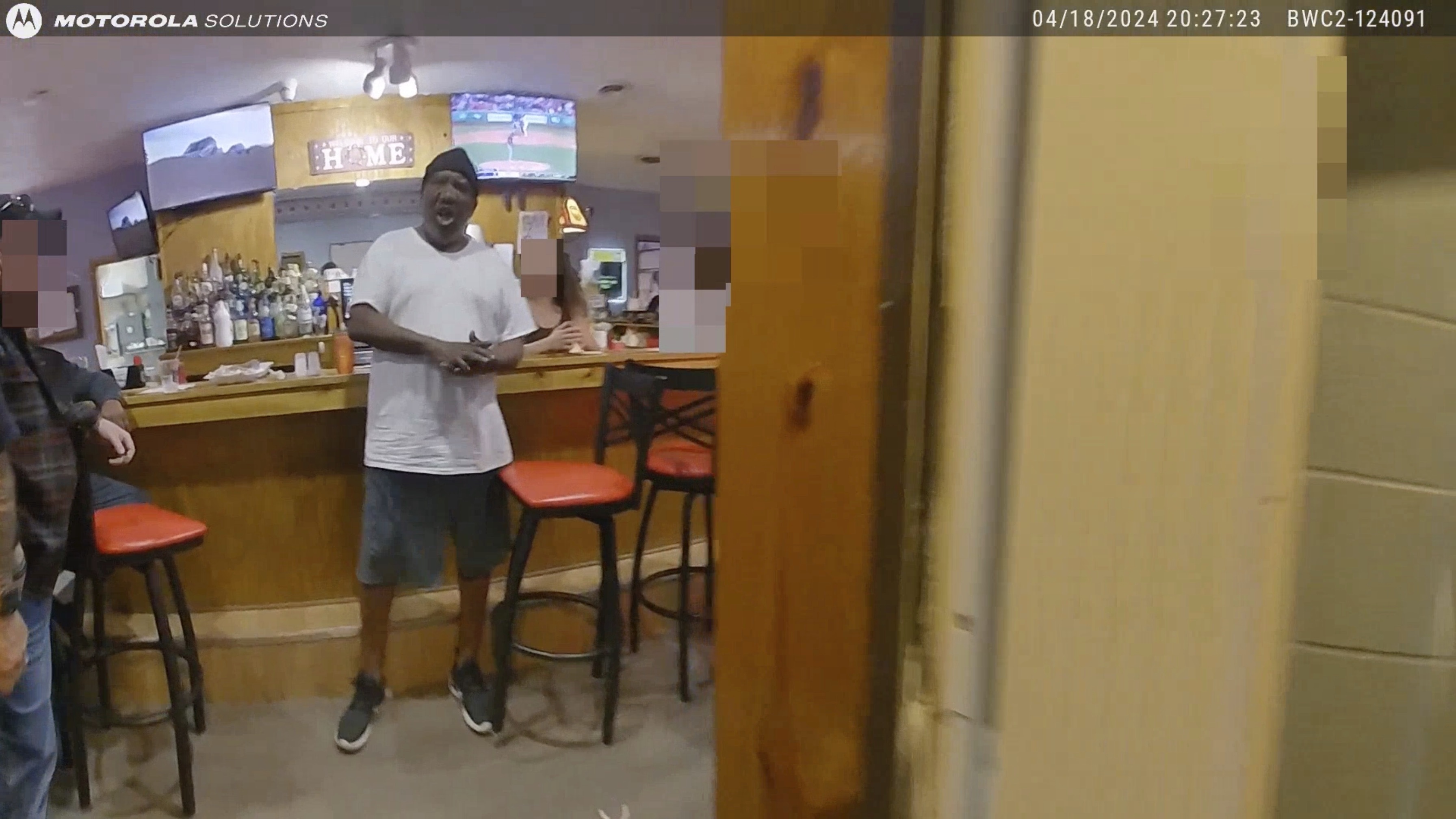Muhammad Ali’s impact, as reams of obituaries correctly noted upon word of his death Friday at age 74, stretched far past the 80-inch reach of the gloved fist that staggered the likes of Joe Frazier and George Foreman.
But Ali’s genius rested not only in his ability to deliver a wallop beyond a ring built for destruction, but in the legacy he forged as an unstoppable creative force – a powerhouse alchemist who melded the worlds of sports, entertainment, politics and media to redefine celebrity.
Boxing might have been his first platform, but Muhammad Ali, during a six-decade public life as the planet’s best-known human, emerged as the greatest in a sport of his own invention.
Born in the era of radio as Cassius Clay, Muhammad Ali was made for the TV age. Sure, previous athletes, Babe Ruth among them, used charm and a knack for playing the press to become household names as media made its ways into homes in new ways in the first half of the 20th Century.
But Ali, who bedazzled fellow fighters with his footwork, proved himself always a few steps ahead of anyone who crossed his path. Ali crafted his own catchphrase – “float like a butterfly and sting like a bee” – and even his own heady nickname – “The Greatest.” The ultimate showman was just as focused on controlling his image as he was the action on the canvas.
Ali’s relative lack of formal education growing up in segregated Kentucky belied a brilliance that manifested itself in a capacity to deliver words, wise, humor-laden and otherwise, in flurries faster than his hands flew in his prime. He verbally sparred with everyone from Carson to Cosell, always coming out on top, via endless quips playing off his braggart persona: "I should be a postage stamp – that's the only way I'll ever get licked!"
For all his wit, Ali expertly practiced at the art of drama, both in and out of the ring. The Thrilla in Manila and the Rumble in the Jungle lived up to their epic build-ups, which included Ali’s merciless taunts of his opponents.
U.S. & World
He presaged an era in which the drama behind major sporting events has become an integral part of the show. But while many of today’s pre-game reels come off as manufactured hype, Muhammad Ali was never anything less than himself – a man, as he once put it “in a world of my own.”
He showed as much in perhaps his greatest act: giving up his stage and his livelihood by refusing to serve in the Army, citing religious principle.
The substance behind the spectacle of world’s greatest boxer refusing to fight in Vietnam made the show all the more powerful, and provided fodder for an enthralling comeback story as he later reclaimed his boxing title. Ali eventually gained widespread acceptance as a hero beyond the fight game, earning the Medal of Freedom, the country’s highest civilian honor, in a 2005 ceremony led by President George W. Bush.
Perhaps his most gripping drama played out in a script more Shakespeare than Ali. Parkinson’s disease, a possible product of absorbing too many blows, slowly robbed the rope-a-dope king of his ability to share his thoughts with his trademark gusto.
Still, Ali’s condition didn’t dull his impact – his public moments became fewer, if no less memorable. After 9/11, the world’s best-known Muslim spoke out, haltingly but with conviction, to defend his religion and decry terrorism.
It’s telling that Ali’s iconography extends from him derisively standing over a fallen Sonny Liston in 1965 to images of him bravely battling tremors while carrying the Olympic torch for his country to kick off the 1996 Games in Atlanta.
Muhammad Ali set the world on fire with a blaze of glory that he lit on his own terms, leaving an eternal flame fed by memories of a transcendent figure with charisma to burn.
Jere Hester is Director of News Products and Projects at the City University of New York Graduate School of Journalism. He is also the author of "Raising a Beatle Baby: How John, Paul, George and Ringo Helped us Come Together as a Family." Follow him on Twitter.



